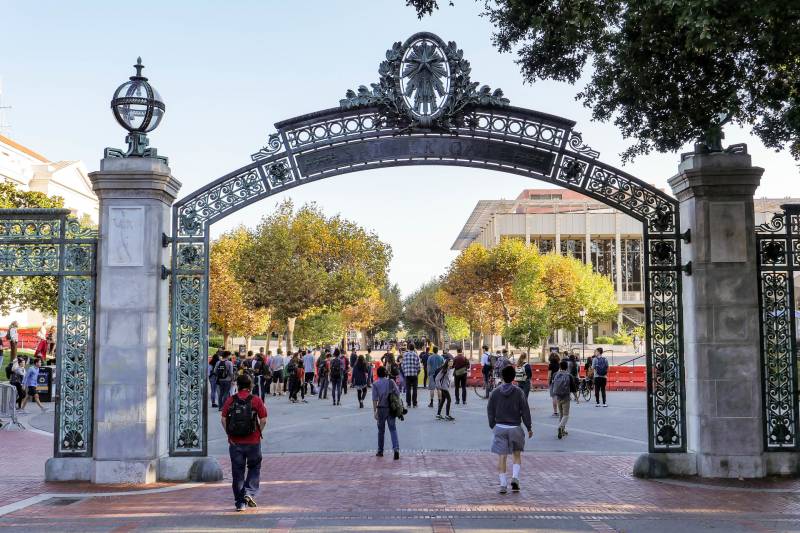Updated 11 a.m. Tuesday
Under new legislation passed swiftly and unanimously by state lawmakers on Monday, and immediately signed into law by the governor, UC Berkeley will no longer be forced to turn away thousands of students from its incoming freshman class.
Less than two weeks ago, the state Supreme Court ordered the university to reduce its enrollment. The court sided with a Berkeley neighborhood group that had sued the school, arguing that university officials did not adequately consider the environmental impacts of its planned enrollment increase, as required by a state law.
But the newly approved legislation (Senate Bill 118) gives UC Berkeley and other schools up to 18 months to comply with the law before judges can order them to reduce enrollment. And it is retroactive, effectively reversing the state high court’s ruling.
“I’m grateful to the Legislature for moving quickly on this critical issue. It sends a clear signal that California won’t let lawsuits get in the way of the education and dreams of thousands of students, our future leaders and innovators,” Gov. Gavin Newsom said Monday evening, while signing it.
The new legislation makes changes to the California Environmental Quality Act (CEQA), a landmark 1970 law that requires state and local agencies to evaluate and disclose significant environmental effects of projects and find ways to lessen those effects.

